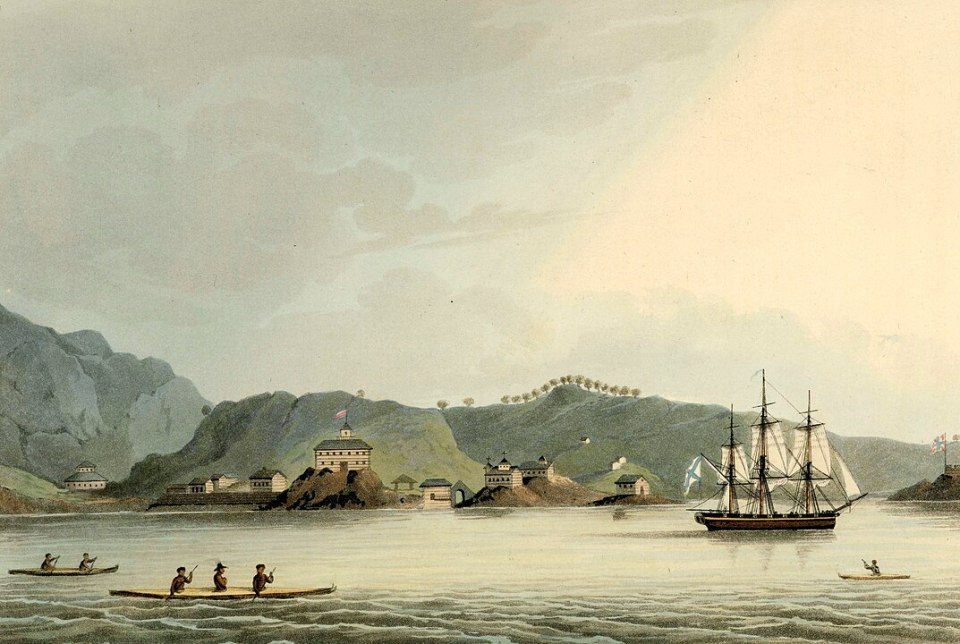
Alaska is a non-contiguous U.S. state located on the northwest extremity of North America. It is bordered by the Canadian territory of Yukon and British Columbia to the east, with Russia’s Chukotka Autonomous Okrug to the west across the Bering Strait. Alaska is the largest U.S. state by area, larger than Texas, California, and Montana combined, and the seventh-largest subnational division in the world. It is the third-least populous state, with a population of approximately 740,133 in 2024. The most populous city is Anchorage.
Indigenous peoples have inhabited Alaska for thousands of years, and it is believed that the region was a key entry point for initial North American settlement via the Bering land bridge. The Russian Empire colonized the area in the 18th century, establishing Russian America. The U.S. purchased Alaska in 1867 for $7.2 million. It became a territory in 1912 and was admitted as the 49th state in 1959.
Alaska’s economy benefits from natural resources, including commercial fishing and oil extraction, resulting in one of the highest per capita incomes in the U.S. It is also known for its federally owned lands, diverse wildlife, and significant Indigenous population of over 15%.






